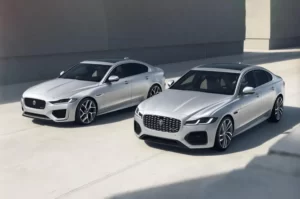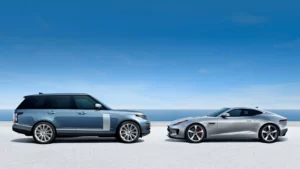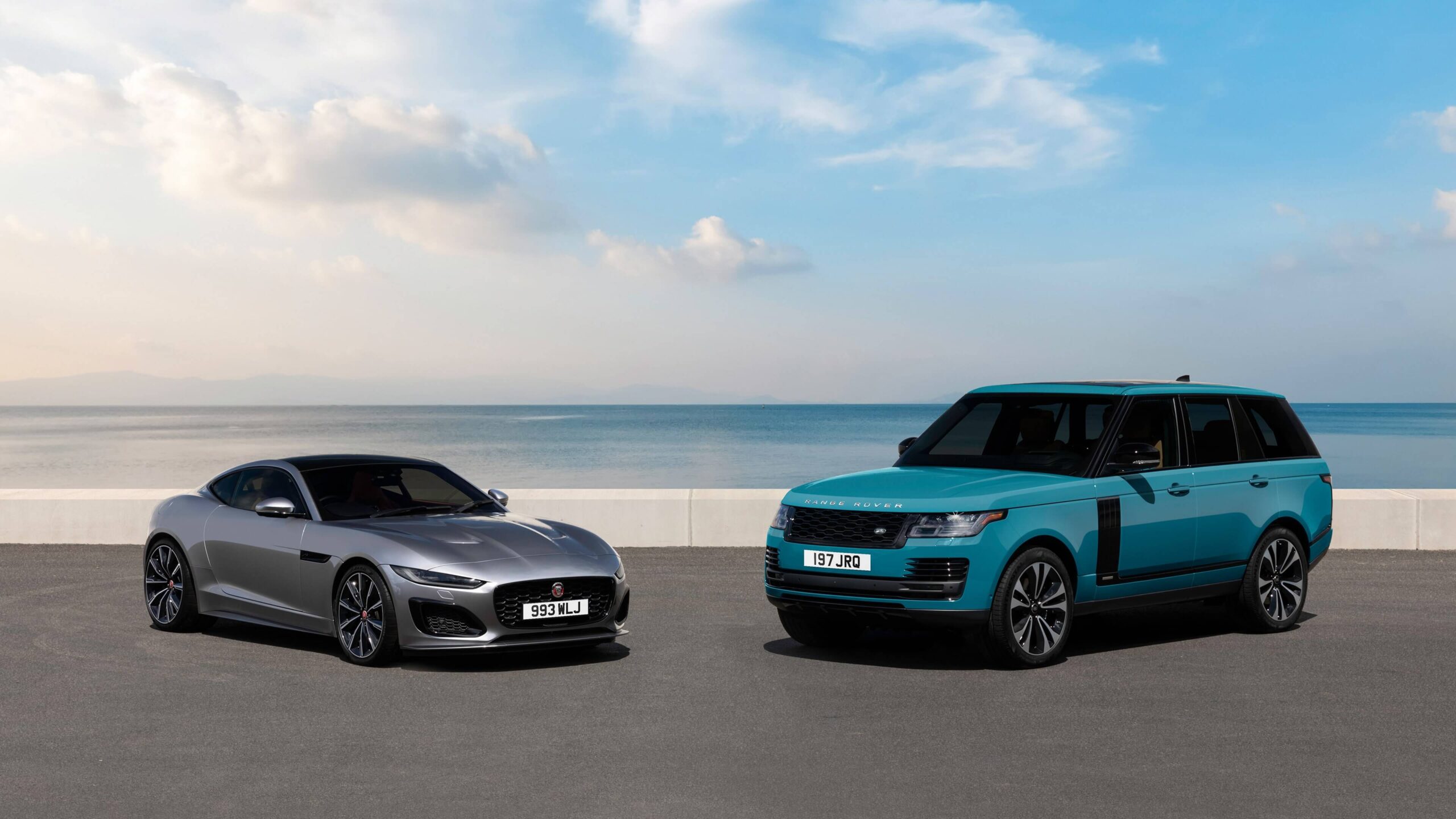Focus is on the more profitable Range Rover and Defender models until chip supply is fully stabilised.
JLR (formerly Jaguar Land Rover) will continue to prioritise production of its most profitable models until at least mid-2023, maintaining limited output of its more affordable cars while component supply continues to be restricted.


Outlining its full-year sales and earnings figures today, JLR hailed the success of the latest Range Rover, Range Rover Sport and Defender as the driver of its vastly improved revenues and reduced losses in 2022, and it confirmed that the trio account for more than three-quarters of its 200,000 unfulfilled customer orders.
This backlog, together with their higher profitability compared with other cars in the line-up, means production of the top-rung cars continues to be the priority while semiconductor supply remains constrained, and full-scale production of the Jaguar XE, Jaguar XF, Land Rover Discovery Sport and Range Rover Evoque will not return for several months.
Asked for a production update on these more affordable model lines, CEO Adrian Mardell said: “We’re three shifts in two areas [Solihull and Nitra], and we’re on single shift at the other production facilities [Halewood and Castle Bromwich] and that will continue over the first six months of the year.
“We’re not stimulating orders for those other products yet, until we can get confidence of supply. The order rates we are receiving at Halewood and Graz [where the Jaguar E-Pace is built by Magna] are consistent with the build that we can actually produce today, so we’re very balanced, and those orders have stayed pretty consistent over the last months.”
JLR’s break-even point is 300,000 cars per year – a target it met in 2022 – and Mardell said that, currently, at least a third of these need to be MLA-based (Range Rover or Defender) to meet profitability targets.
The more affordable Land Rover models do have a future, with Halewood being converted to build an electric Velar, Evoque and Discovery Sport from late 2024, though “whether we eliminate some of the lower-value derivatives, we will decide as we go forward”.
Mardell is confident of chip supply continuing to ease over the coming months and into 2024, following a tangible improvement in the first four months of 2023 – “not as much as we’d wish for, actually, but significantly higher”.
But he noted that other production obstacles relating to tooling breakdowns and other pressure-related stoppages are likely to occur “most weeks over the next six to nine months”.




